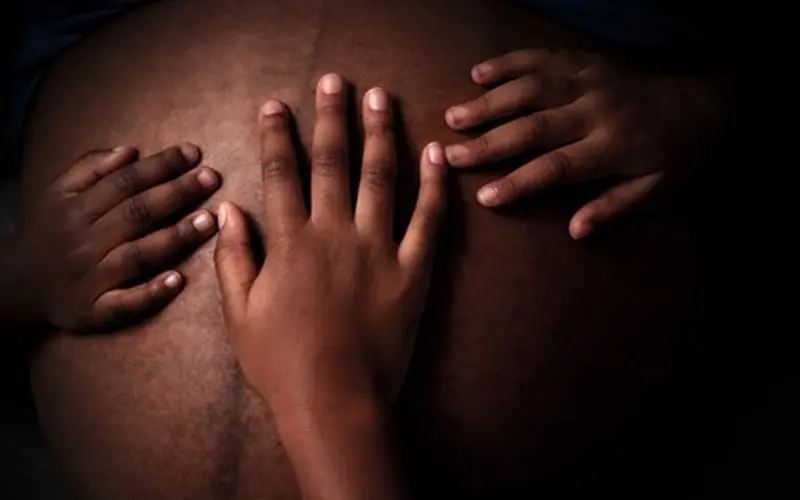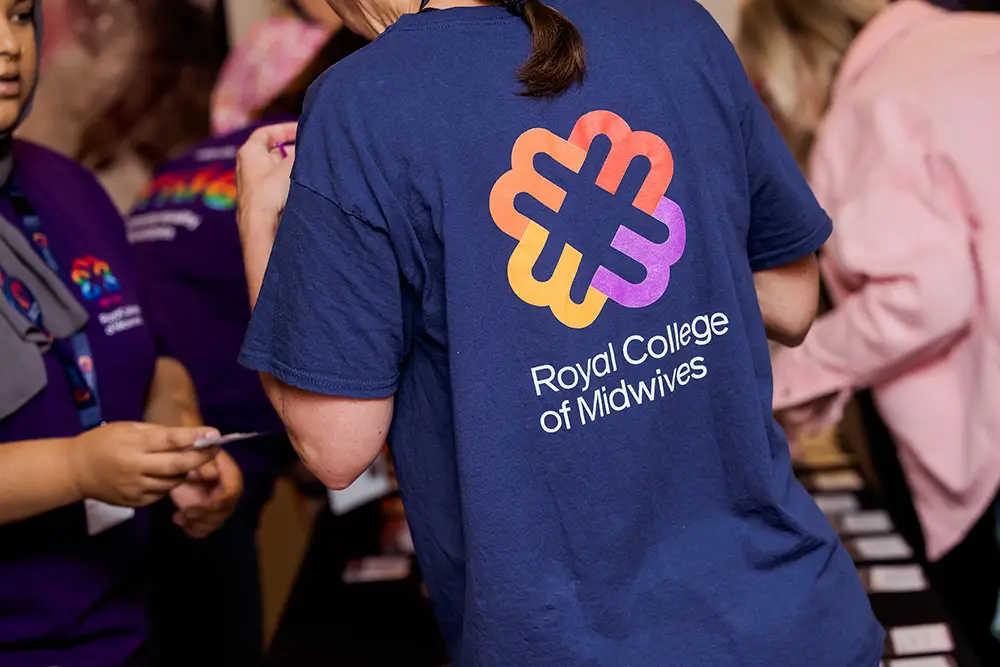‘The highest stillbirth rates continue to impact women living in the most deprived communities where social inequalities are entrenched.’ That’s according to the Royal College of Midwives (RCM) as it responds to the latest MBRRACE-UK PMRT report.
The college says while it’s positive to see a drop in perinatal death rates variation sadly persists based on levels of deprivation and ethnicity.
The RCM says a multi-agency approach is needed to improve maternity outcomes for women from Black, Asian and minority ethnic communities as it responds to the 4th annual report on the National Perinatal Review Tool.
Responding, RCM’s Quality and Standards Advisor Lia Brigante said:
“Pregnancy and childbirth in the UK continue to be safe for most women and their babies. However, we remain deeply concerned that babies of Black African, Black Caribbean, Pakistani and Bangladeshi ethnicity are much more affected by the higher rates of stillbirth and neonatal death associated with deprivation when compared with their white counterparts. We also know that these mothers are twice as likely to be from more deprived areas. All those involved in commissioning and delivering maternity services must work together to address this unacceptable disparity. Also, it’s crucial that clinicians are aware of this increased risk and personalise care and enhanced care pathways for Black, Asian and ethnic minority women to ensure they receive the appropriate assessment and specialist care they need to lower risk.”
Discussing pre-conception health as routine needs to be part of every healthcare professional’s interaction with people who have risk factors for genetic anomaly or pre-existing medical conditions says the RCM. The College has addressed this in a series of guidance available on the RCM’s website.
The report which covers March 2021-22 highlights a reduction in perinatal deaths between 2013-2020 (both stillbirth by 20% and neonatal deaths by 17%).
In 2020 689,004 babies were born and there were 2,292 stillbirths and 1,051 neonatal deaths. The report shows the greatest reduction in neonatal deaths was for babies born before 28 weeks.
While the perinatal mortality rate in the UK is decreasing, the RCM has highlighted that the rates of perinatal deaths increase with deprivation across all ethnic groups.
Lia added:
“Despite the huge efforts from midwives and the wider maternity team more action is needed nationally, and a multi-agency approach is needed to address the wider inequalities faced by Black and Asian women. That is why the RCM is again calling on the Government do more to tackle the socio-economic deprivation that have contributed to these stillbirths and neonatal deaths.
“The RCM remains committed to improving healthcare services to be fully inclusive, to reduce health variations. To make that happen and ensure every woman receives the very best care, positive experience and outcomes whatever their background or race, we must ensure we have enough midwives for too long understaffing has impacted the level of care midwives can deliver and that’s got to change urgently.”
ENDS
To contact the RCM Media Office call 020 7312 3456, or email media@rcm.org.uk
NOTES TO EDITORS
The Royal College of Midwives (RCM) is the only trade union and professional association dedicated to serving midwifery and the whole midwifery team. We provide workplace advice and support, professional and clinical guidance, and information, and learning opportunities with our broad range of events, conferences, and online resources. For more information visit the RCM | A professional organisation and trade union dedicated to serving the whole midwifery team.


